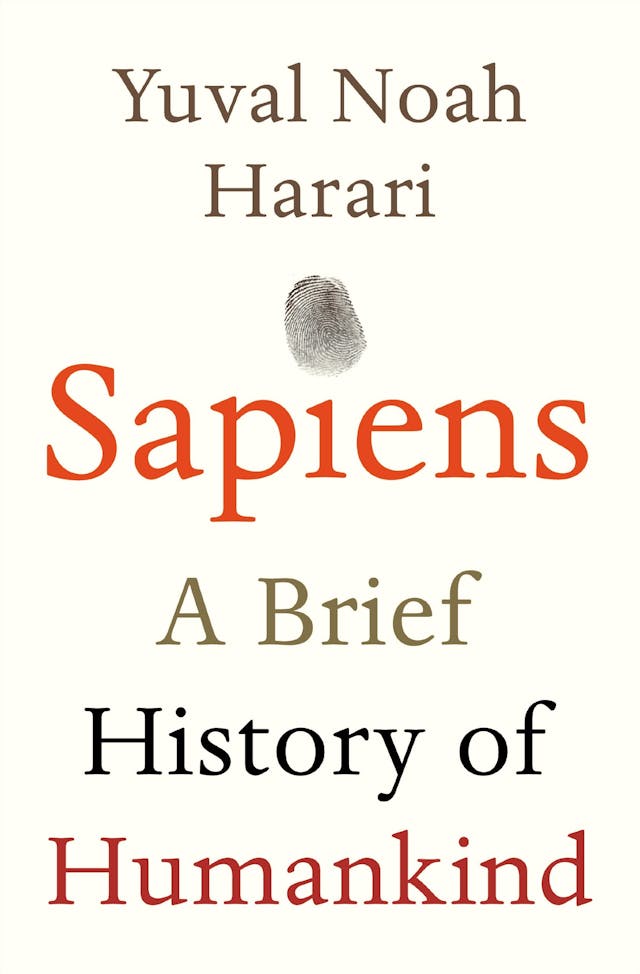Cosmos Summary
Key Takeaways
- The universe is both vast and intricate, and understanding its complexities helps us understand the nature of existence.
- Scientific inquiry is a powerful tool for exploring not just the cosmos, but also philosophical questions about humanity's place in it.
- The pursuit of knowledge through science is crucial for the progress of humanity.
- Exploring the cosmos helps to unite humanity by showing our small part in the vast universe.
- The legacy of scientific discovery is a shared heritage that binds cultures and generations.
🌿 ReflectBay
Overthinking again?
You're not too much. You're just overwhelmed and it's okay. We help you untangle the noise and feel calmer.
We'll help you...
Summary
Carl Sagan’s 'Cosmos' is more than a tour of the universe; it is an exploration of humanity’s quest to understand the cosmos. Sagan combines scientific knowledge with lyrical prose to bring complex astronomical concepts to the general reader.
The book covers a broad range of topics, from the origin of the universe to the development of life on Earth, weaving in stories of the scientists and philosophers who expanded our understanding of the world.
Sagan discusses both the immensity of the universe and the minute details of atomic particles, illustrating the interconnectedness of all things. He also explores the potential for life on other planets and the implications for our understanding of life on Earth.
‘Cosmos’ not only illuminates the mysteries of the universe but also encourages readers to appreciate the grandeur of the cosmos and to continue questioning, exploring, and valuing the pursuit of knowledge.
Also recommended

Sapiens: A Brief History of Humankind
Yuval Noah Harari
A Short History of Nearly Everything
Bill Bryson
